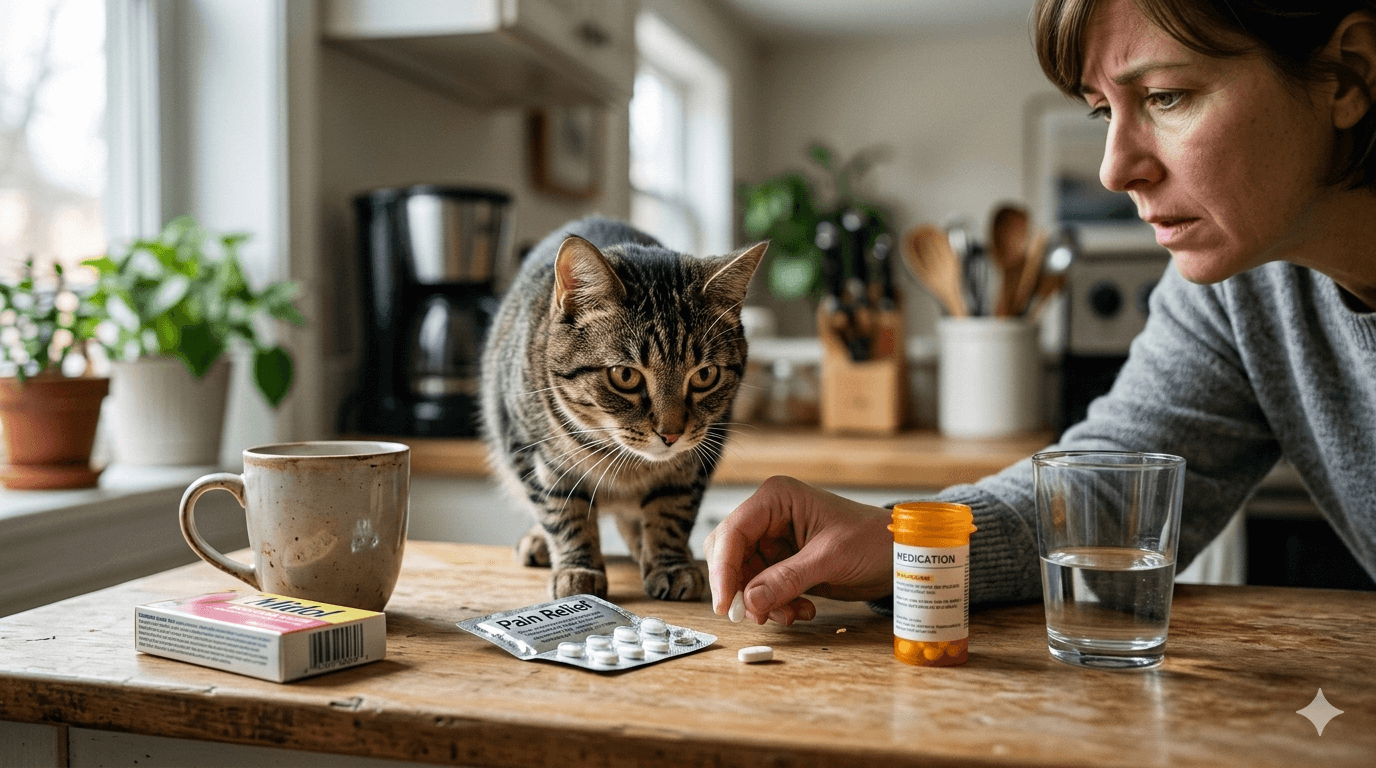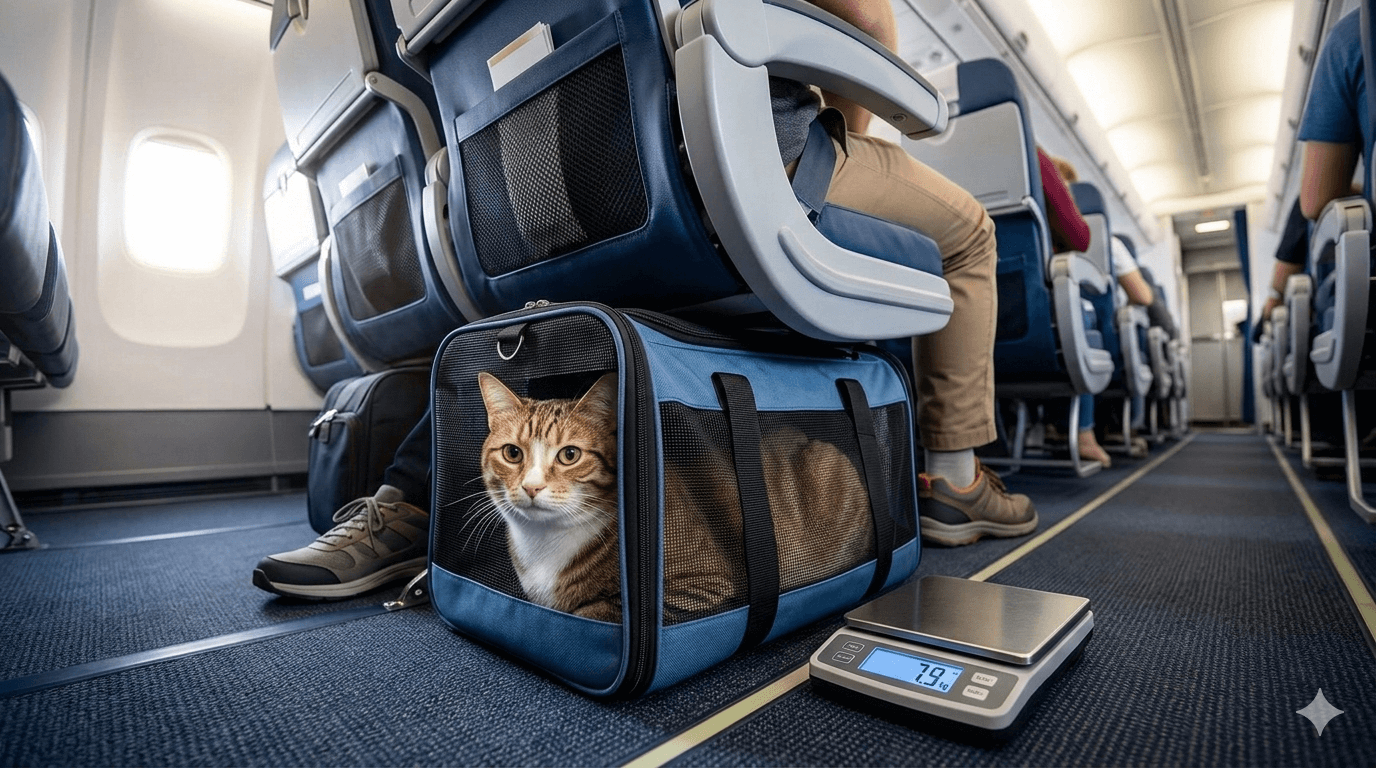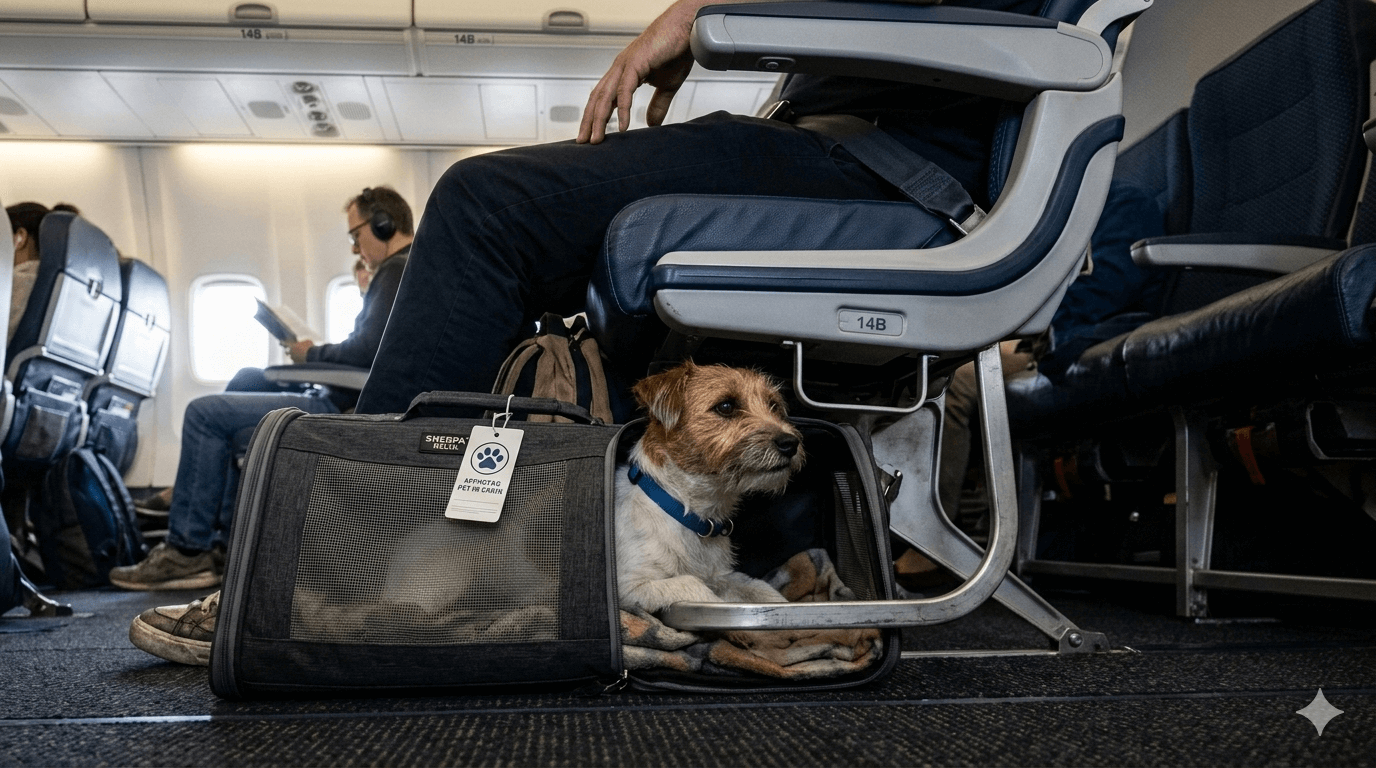Dog Scared of Cars: Understanding and Overcoming This Common Fear
Many dogs experience fear or anxiety around cars, whether it’s the sound of engines, the sight of moving vehicles, or even the idea of getting inside one. While this fear is common, it can be challenging for both pets and their owners. A dog scared of cars may exhibit behaviors like trembling, barking, or trying to hide when near traffic. Understanding the root causes of this fear and learning how to address it can make a world of difference in your dog’s comfort and confidence. In this blog post, we’ll explore why some dogs develop car-related fears and provide practical tips to help them overcome this anxiety.
Why Is My Dog Scared of Cars? Common Causes
There are several reasons why a dog might develop a fear of cars. Identifying the underlying cause is the first step toward helping your furry friend feel more at ease. Here are some common factors that contribute to this fear.
Negative Past Experiences:
If your dog has had a traumatic encounter with a car, such as being hit by one or hearing a loud honk, they may associate cars with danger.Lack of Early Exposure:
Dogs that weren’t exposed to cars during their critical socialization period may find them unfamiliar and intimidating.Noise Sensitivity:
The loud sounds of engines, horns, or screeching tires can overwhelm noise-sensitive dogs.Motion Sickness:
Some dogs are afraid of cars because they associate them with feeling sick or uncomfortable during rides.Overprotective Instincts:
Certain dogs may bark or act fearful around cars because they perceive them as a threat to their safety or territory.
Understanding these causes can help you approach your dog’s fear with empathy and patience. Every dog is unique, so take the time to observe their specific triggers and reactions.
Signs Your Dog Is Scared of Cars
Recognizing the signs of car-related fear is essential for addressing the issue effectively. Dogs communicate their anxiety in various ways, and being aware of these signals can help you intervene early. Here are some common signs to watch for.
Trembling or Shaking:
Physical signs like shaking often indicate fear or stress when your dog is near cars.Excessive Barking or Growling:
Some dogs vocalize their discomfort by barking or growling at passing vehicles.Hiding or Avoidance:
A scared dog may try to hide behind furniture, under tables, or in corners when cars are nearby.Panting or Drooling:
These physical symptoms can signal anxiety, especially if they occur without physical exertion.Refusal to Move:
A dog scared of cars may freeze or refuse to walk when approaching a road or parking lot.
If you notice any of these behaviors, it’s important to address your dog’s fear gently and consistently. Ignoring the signs can lead to increased anxiety over time.
Check this guide 👉Why Is My Dog Scared of Everything? Best 7 Expert Tips!
Check this guide 👉Why Is My Dog Scared of Me? Best 7 Behavior Tips!

Signs of Car Fear | Possible Solutions |
|---|---|
Trembling or shaking | Gradual desensitization to car sounds |
Excessive barking | Positive reinforcement training |
Hiding or avoidance | Create a safe space at home |
Panting or drooling | Consult a vet for anxiety solutions |
Refusal to move | Use treats to encourage movement |
How to Help a Dog Scared of Cars: Practical Tips
Helping your dog overcome their fear of cars requires patience, consistency, and positive reinforcement. Here are some effective strategies to guide you through the process.
Gradual Desensitization:
Introduce your dog to cars slowly, starting with short exposures from a distance and gradually moving closer over time.Positive Reinforcement:
Reward your dog with treats, praise, or toys whenever they remain calm near cars. This helps them associate cars with positive experiences.Create a Safe Space:
Provide a comforting area at home where your dog can retreat if they feel overwhelmed by car-related stimuli.Use Calming Tools:
Consider tools like anxiety wraps or calming sprays to help reduce your dog’s stress levels.Practice Controlled Walks:
Take your dog on walks in quieter areas with minimal traffic, gradually increasing exposure to busier streets.
With consistent effort, these techniques can help your dog build confidence and reduce their fear of cars. Remember, progress takes time, so celebrate small victories along the way.
Preventing Car Fear in Puppies
Prevention is always better than cure when it comes to car-related fears. Socializing your puppy early can help them develop a positive association with cars. Here are some tips to prevent car fear in young dogs.
Introduce Cars Gradually:
Let your puppy explore parked cars before introducing them to moving vehicles.Make Car Rides Fun:
Take your puppy on short, enjoyable rides to create positive associations with traveling.Use Treats and Toys:
Reward your puppy with treats or toys during car-related activities to reinforce positive behavior.Expose Them to Different Sounds:
Play recordings of car sounds at low volumes to help your puppy get used to the noises.Stay Calm and Confident:
Dogs pick up on their owner’s emotions, so remain calm and relaxed around cars to set a good example.
By taking these proactive steps, you can help ensure your puppy grows up feeling comfortable and confident around cars.
Addressing Noise Sensitivity in Dogs
Noise sensitivity is a common reason why dogs fear cars. If your dog reacts strongly to car sounds, here are some strategies to help them cope.
Sound Therapy:
Gradually expose your dog to recorded car sounds at low volumes, increasing the volume over time.White Noise Machines:
Use white noise to mask sudden or startling car sounds in your home.Comfort Items:
Provide soft blankets or favorite toys to comfort your dog during noisy moments.Safe Zones:
Designate a quiet area in your home where your dog can retreat when they feel overwhelmed.Consult a Vet:
If noise sensitivity is severe, ask your vet about medication or supplements to reduce anxiety.
Addressing noise sensitivity can significantly improve your dog’s comfort around cars and other loud environments.
Building Trust Through Routine
Establishing a predictable routine can help your dog feel more secure and less fearful of cars. Here’s how to incorporate routine into your approach.
Consistent Walk Times:
Walk your dog at the same times each day to create a sense of stability.Regular Car Exposure:
Incorporate short, frequent exposures to cars into your daily schedule.Set Boundaries:
Teach your dog clear boundaries, such as staying on the sidewalk, to boost their confidence.Reward Calm Behavior:
Always reward your dog for remaining calm during car-related situations.Stay Patient:
Progress may be slow, but consistency and patience will yield results over time.
Routine builds trust and predictability, helping your dog feel more in control of their environment.
Fun Activities to Boost Confidence Around Cars
Engaging your dog in fun, confidence-building activities can help them associate cars with positive experiences. Here are some ideas to try.
Treat Hunts Near Cars:
Hide treats around parked cars to encourage exploration and reward bravery.Car Games:
Play interactive games like fetch or tug-of-war near cars to create positive associations.Short Drives to Fun Destinations:
Take your dog on brief car rides to places they enjoy, like the park or beach.Training Sessions:
Practice basic obedience commands near cars to keep your dog focused and engaged.Socialization with Calm Dogs:
Allow your dog to observe calm, confident dogs interacting with cars to model their behavior.
These activities not only boost confidence but also strengthen the bond between you and your dog, making car-related fears easier to overcome.
Frequently Asked Questions About Dogs Scared of Cars
Why is my dog suddenly scared of cars?
Sudden fear could stem from a traumatic experience, changes in environment, or heightened sensitivity to noise.
Can older dogs overcome their fear of cars?
Yes, with patience and consistent training, older dogs can learn to manage their fear.
Should I force my dog to face their fear of cars?
No, forcing your dog can increase their anxiety. Instead, use gradual desensitization and positive reinforcement.
How long does it take to help a dog overcome car fear?
The timeline varies depending on the dog’s personality and the severity of their fear, but consistency is key.
When should I consult a professional?
If your dog’s fear is severe or impacting their quality of life, consider seeking help from a veterinarian or animal behaviorist.
Driving Toward Confidence: Helping Your Dog Overcome Car Fear
A dog scared of cars doesn’t have to stay that way forever. With understanding, patience, and the right approach, you can help your furry friend build confidence and reduce their anxiety. Whether it’s through gradual desensitization, positive reinforcement, or preventive measures for puppies, every step you take brings you closer to a happier, more relaxed pet. Remember, your support and encouragement mean the world to your dog. Together, you can turn their fear into curiosity and eventually, calm acceptance.
Can I Give My Cat Midol? Best 7 Expert Tips! – Learn the risks, symptoms, and safe alternatives to keep your cat healthy and avoid toxic reactions.
Can I Give My Dog Midol? Best 7 Expert Tips! – Discover the risks, safe alternatives, and expert advice to keep your dog safe from accidental poisoning.
Maximum Weight for Cats on Planes: Best 7 Expert Tips! – Learn airline policies, tips to stay compliant, and ensure safe travels for your feline friend.
Max Weight for Dogs on Planes: Best 7 Expert Tips! – Discover airline weight limits, safe travel tips, and solutions for flying with your dog stress-free.





